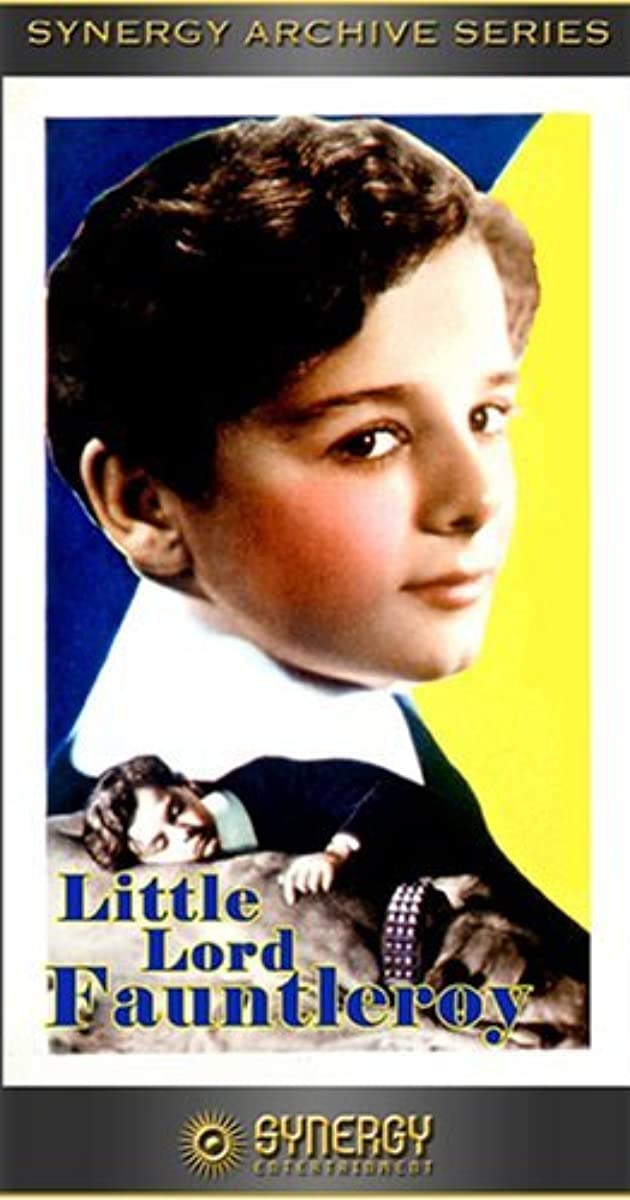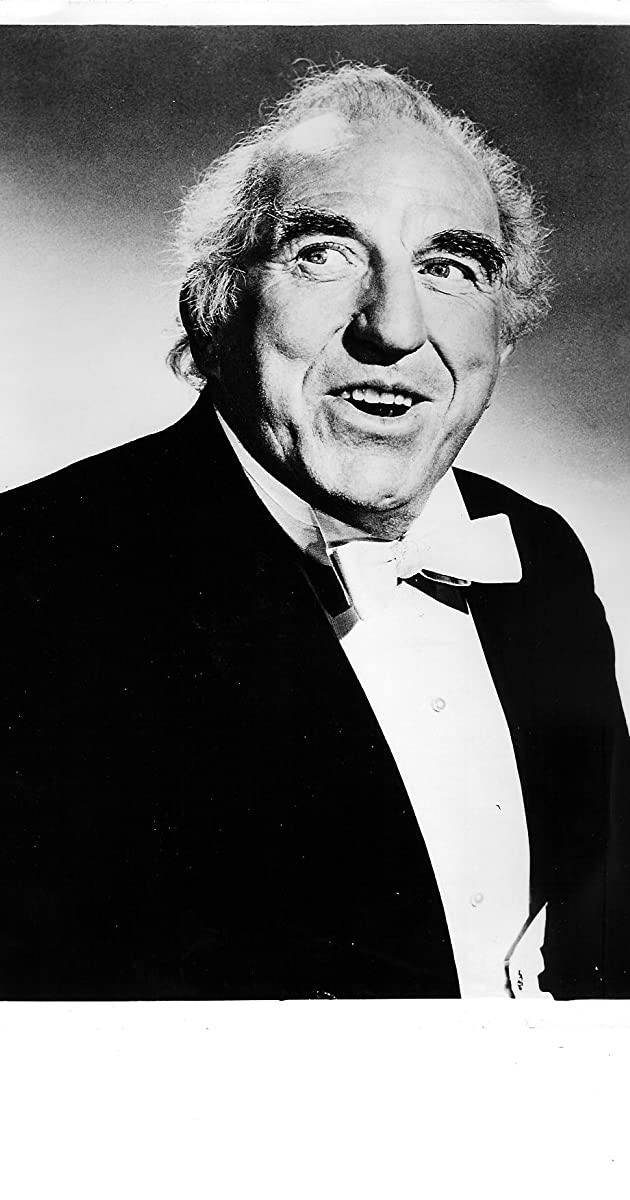
One of the most popular child actors in film history, Child superstar Freddie Bartholomew was born Frederick Cecil Bartholomew in Harlesden, London, the son of Lilian May (Clarke) and Cecil Llewellyn Bartholomew. From age three, he grew up in the town of Warminster under the care of his father’s unmarried sister Millicent. A precocious lad, Freddie was reciting and performing on stage at three years of age, and was soon singing and dancing as well. By age six he had appeared in his first movie, a short called Toyland (1930). Three other British film appearances and the recommendation of his teacher Italia Conti led him to be cast in the MGM film The Personal History, Adventures, Experience, & Observation of David Copperfield the Younger (1935), as the title character, resulting in a seven-year MGM contract and a move to Hollywood with his aunt. The illustrious, star-studded and highly successful The Personal History, Adventures, Experience, & Observation of David Copperfield the Younger (1935) made Freddie an overnight sensation, and he went on to star in a succession of high-quality films through 1937, including Anna Karenina (1935); Professional Soldier (1935); the riveting Little Lord Fauntleroy (1936); Lloyds of London (1936); The Devil Takes the Count (1936); and Freddie’s biggest success, Captains Courageous (1937), opposite Spencer Tracy.
Following the success of Little Lord Fauntleroy (1936), Freddie’s birth parents, who were strangers to him, stepped in and attempted for seven years to gain custody of him and his fortune. His aunt Millicent attempted to offset these legal expenses and payouts by demanding a raise in Freddie’s MGM salary in 1937. Another slew of court cases ensued, this time over the MGM contract, and Freddie missed a critical year’s work and some golden film opportunities. By the time he resumed acting work in 1938, he was well into his teens, and audiences grew less interested in literary period pieces as World War II erupted in Europe. Following Kidnapped (1938), many of his ten remaining films through 1942 were knock-offs or juvenile military films, and only two were for MGM. The best of the films after Kidnapped (1938) were Swiss Family Robinson (1940), The Boy from Barnardo’s (1938), Listen, Darling (1938), and Tom Brown’s School Days (1940). His salary soared to $2,500 a week making him filmdom’s highest paid child star after Shirley Temple.
In 1943, Freddie enlisted in the U.S. Air Force for a year to work in aircraft maintenance, exiting with both a back injury and American citizenship.
The additional time away from the screen had not done him any favors, though, and efforts to revive his career on film were unsuccessful. His efforts performing in regional theaters and vaudeville did not spark a comeback either. Aunt Millicent left for England when Freddie married publicist Maely Daniele in 1946 against her wishes. Freddie toured a few months in Australia doing nightclub singing and piano, but when he returned to the U.S. in 1949 he switched to television, making a gradual move from performer to host to director, at New York station WPIX. In 1954, re-married to TV cookbook author Aileen Paul, he moved to Benton & Bowles advertising agency, as a television director and producer. He remarked at the time that the millions he had earned as a child had been spent mostly on lawsuits, many of which involved headline court battles between his parents and his aunt for custody of young Freddie and his money. “I was drained dry,” he said.
He became vice president of television programming in 1964, directing and producing several prominent long-running soap operas. Bartholomew retired due to emphysema by the late 1980s, and eventually moved with his third wife Elizabeth to Florida, where he died in 1992, but not before being filmed in several lovely interview segments for the lengthy 1992 documentary, MGM: When the Lion Roars (1992).


